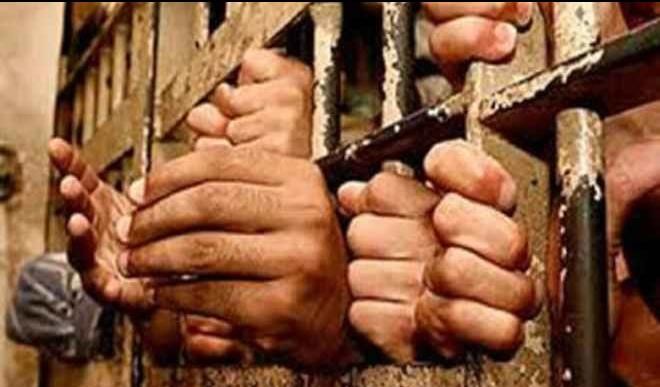Nigeria prisons conundrum
Would you believe that over 70% of the total prison inmates in Nigeria are awaiting trial, yet to be convicted of any crime whatsoever? To put it in perspective, an estimated 47,600 men and women are being held indefinitely with little to no access to justice. Undeniably, we have a severe human rights issue at […]


Would you believe that over 70% of the total prison inmates in Nigeria are awaiting trial, yet to be convicted of any crime whatsoever? To put it in perspective, an estimated 47,600 men and women are being held indefinitely with little to no access to justice.
Undeniably, we have a severe human rights issue at hand as most of these prisoners spend more time awaiting trial than perhaps they would have had they been sentenced in a court. That is of course, if they were guilty after all. At full capacity, all 240 prisons nationwide have the capacity to hold around 51,000 inmates and according to the National Bureau of Statistics, there are currently an estimated 68,000 prisoners across the country today.
Part of the reason for this is that over time, our criminal justice system and its components i.e. the law, law enforcement agencies & court systems have become riddled with inefficiency. Thirty years ago, the average prison population was around 2000, with 1800 inmates convicted and 200 awaiting trial. Back then, the structure of the prison system was different in that prisoners’ developments were managed by the wards. Prisoners were put to different vocations and courses in order to rehabilitate and empower them with skills that could be used afterwards. Today, the abysmal state of Nigerian prisons is a reflection of the state of the Criminal Justice Administration in the country.
The structural problems with the Nigerian Prison System stems from a variety of institutional failures. Firstly, there is a fundamental failure of the justice system in not recognising people awaiting trial as presumably innocent and thus expediting their trial cases.
This renders them hopeless and helpless as they wait years for a trial. So we have this paramount issue of infringement of rights as well as breeding of discontent in the prisons due to a large number of the incarcerated awaiting trial. This leads us directly to the next problem, the prisons themselves. Most of our prisons were built by 19th century British colonial rulers and since then have been neglected without any rehabilitation. Already at over capacity, these dilapidated structures are not fit to hold inmates yet almost every prison is filled to the brim with un-convicted men and women.
Coupled with the failure of court systems not carrying out their responsibilities and the failure of the prosecution to be efficient, there is also a deep issue of funding for the prisons. A particular frustration is logistics and the transportation of prisoners to courts as the prisons lack the transport vehicles necessary for movement. Despite the already inefficient judiciary, even getting the prisoners to the courts is a monumental task! Dilapidated building structures, lack of medical care, unmotivated prison officials, inadequate provisions for female / juvenile prisoners all paint a grim picture of the underlying problems. Recent jailbreaks like the Kuje (Abuja) jailbreak and riot, are tell tale signs of a complete collapse of the prison system.
We can agree that the aforementioned features point to a seriously futile civil service that does not appear to realise and or appreciate the issues at hand. What next? How do we attempt to reverse the mess we created?
I. Awwal, Abuja
